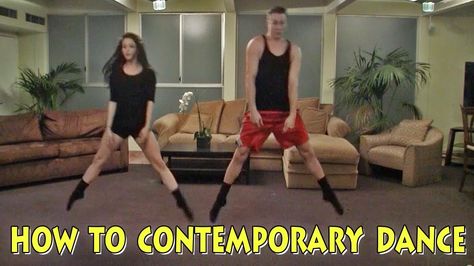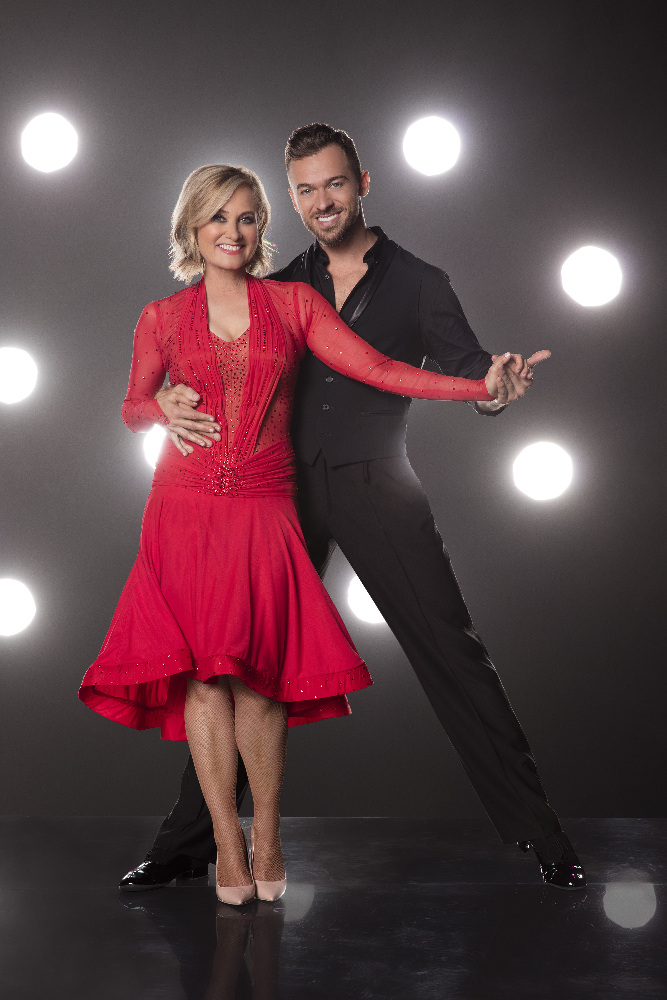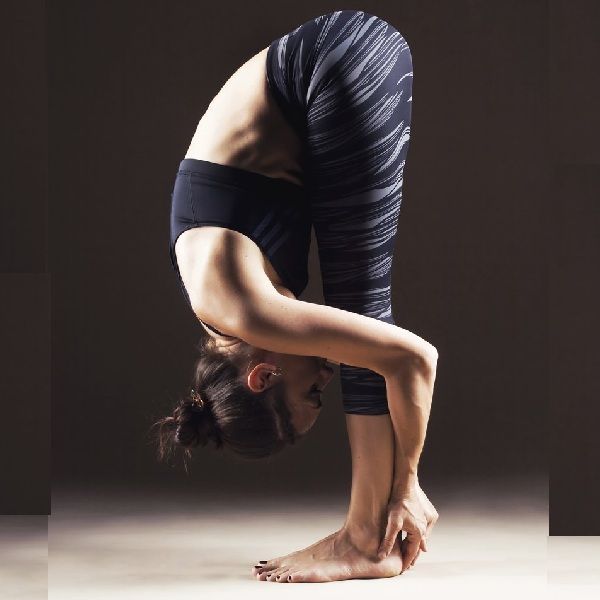How to get over fear of dancing
How Do I Overcome My Fear of Dancing?
Subscribe Today!
Let's just put this out there on permanent record: It's normal to have a fear of dancing.
It's not unlike any other new and slightly scary activities like driving in a new part of town, giving a best man toast, or bungee jumping over daggers, lava, and big hairy spiders.
It's self preservation. You know, that instinct that makes the hair on the back of your neck stand up when you're walking into a dark room, or, you know, bungee jumping over lava. Since a dance floor doesn't pose any real threat to your life, Sigmund Freud may have labeled this fear as neurotic.
We'd just call you a regular person.
"How Do I Overcome My Fear of Dancing?"
This is a response by Chris Lynam, the author, on the question and answer site Quora
1. Eliminate the Myths There are a lot of myths that keep people on the sidelines, and off the dance floor. They are told over and over, like some folk legend that is now a forgone conclusion...
And they are all fake.
- "I was born with two left feet...."
- "You're either born with rhythm or not...."
- "Dancing just isn't for me..."
Did you ever wonder what these dancing babies looked like? You know, the ones without two left feet, with rhythm, who all said, out loud, that dance was their hobby of choice?
VERDICT: FAKE
Here's the Truth
- Everyone, in any hobby, needs instruction to get better. Learning to dance is no different. Whether you cal that "two left feet" or "super awkward", everyone looks and feels that way until they take lessons.
- Rhythm is not a born with, or born without skill. It's a skill. Skills can be taught.
For more on this, take a look at 6 Myths About Dance Classes2.
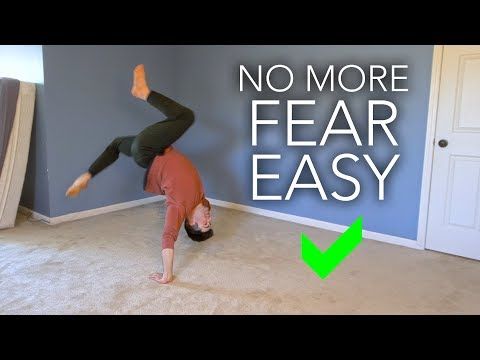 Schedule A Lesson
Schedule A LessonThere is no way of conquering your fear for something by avoiding it.
- Find a school that specializes in dance instruction. Not a gym, a community center, or a nightclub.
- Take PRIVATE LESSONS. More expensive, but worth every penny. You need a personal trainer to see you through this transition.
3. Eliminate the GapsNeed more convincing? Try out a free private lesson at Arthur Murray and put the myths to the test
Avoid long gaps between your dance lessons. If it takes you 30 minutes to get comfortable, and your lessons are 45 minutes - waiting a week won't reduce that time on your next lesson.
-30 + 45 = 15
On the other hand...
If it takes you 30 minutes to feel comfortable, and you take a 90 minute lesson, then you've got 60 minutes of positive territory developing a new comfort zone.
-30 + 90 = 60
You can choose your own calendar, and the closer you keep your lessons scheduled, the sooner you'll feel acclimated.
4. Avoid Early AssessmentsFor new students, try reading: Your First Lesson at Arthur Murray - Perception Vs. Reality
Every lesson you're making progress, feeling more comfortable, but no matter what you do... avoid making assessments.
It would be unfair to judge the entire process at such an early stage.
It would be like judging a caterpillar in a butterfly contest. It's too early!
During this time you should:
- Let your teacher give all the feedback.
- Avoid watching yourself in the mirror.
- Don't try to practice, or fix things, at home.
- Keep an open dialogue with your teacher if you have concerns.
At this early stage, it's easy to toss the entire idea of dance lessons out the window. So leave the assessments and pass/fail opinions to your teacher.
5. Attend A Group Class Yes, group classes can seem scary, but they have a much bigger purpose than a few extra dance steps.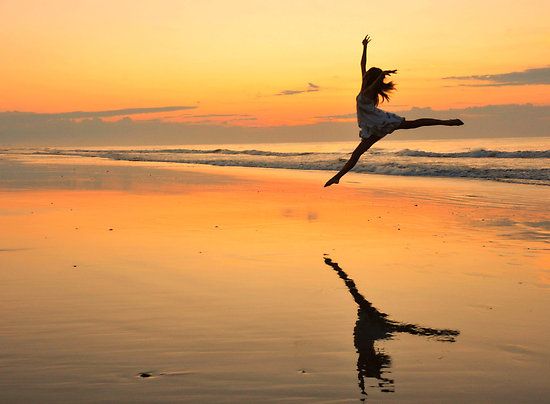
You need proof, social proof. A group class is the perfect opportunity to:
- Meet other new students and share your stories
- Meet newer students! Wow, if there's someone more afraid than you, won't that open your eyes to your progress?
- Get positive reinforcement - it's great when you hear your teacher tell you that you're improving, but when you hear that from others, and tell it to others, it's incredibly validating.
For more helpful tips on group classes, try: 5 Tips To Gain More From Your Group Class
Final Thought
Learning to dance is like flying, driving, or meeting people at a bar. The only way to improve your confidence in the activity is to participate in the activity. Taking dance lessons will make the activity of dancing improve, and, therefore, reduce the fear.
If you ever start to second guess your decision, just remember, you could easily still be at home thinking that you weren't born a dancer.
| How Dance Lessons Set You Apart From Every Other Guy | |
| Dance Advice from the Arthur Murray Champs | |
| Design Thinking and Salsa Dance at Stanford University | |
| Style Upgrades for Guys that Ballroom Dance | |
| 5 Bad Excuses for Avoiding Dance Lessons | |
| 49 Steps to Ballroom Dance Etiquette |
Subscribe to Updates
Popular Posts
Recent Posts
POSTS BY TOPIC
SALT LAKE CITY
389 West 1830 South Suite 500,
Salt Lake City, Utah 84115
801.413.0100
More Info
Hayward
22445 Foothill Bld,
Hayward, CA 94541
510.537.8706
More Info
Livermore
1947 2nd St.
Livermore, CA 94550
925.456.5556
More Info
Redwood City
344 Walnut St.
Redwood City, CA 94063
650.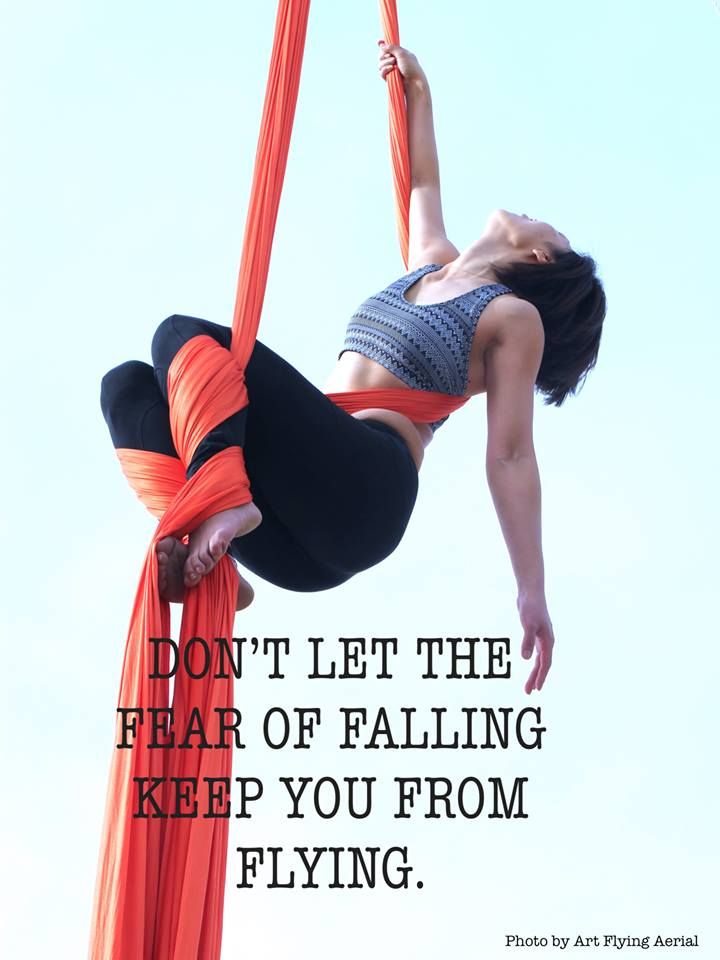 216.7501
216.7501
More Info
Walnut Creek
1536 Newell Ave,
Walnut Creek, CA 94596
925.301.4123
More Info
San Francisco
211 Austin St,
San Francisco, Ca 94109
415.530.2776
More Info
San Rafael
1654 2nd Street Suite B,
San Rafael, California 94901
415.578.4901
More Info
extravaganza'19
Buy Your Tickets Here!
Stop Being Too Shy To Dance! Here Are 6 Reminders That'll Help
Do you want to be THAT GIRL/GUY killing it in class or on stage or in a cypher... but you're too shy to dance?
Do you get anxious at the thought of freestyling? Do you get stage fright... no matter how many times you’ve performed? Guess what?? YOU ARE NOT ALONE!!!
It may seem like all dancers were just born natural performers, but there are plenty of us that are just plain shy.
See Related Article: 19 Things That Make Introverted Dancers Anxious
But dance is a performing art, so it’s expected of dancers to be able to perform.
If you want to stop being too shy to dance and start being DOPE, then remember these 6 things!
1. No one is watching you dance
The following is true, not just just for dance, but for life in general: Don't worry about what people think about you...
Because they’re probably not thinking about you. And that’s not an upsetting realization at all! In fact, it’s quite refreshing. It’s freeing.
Since most people are focused on their own performance and execution, they’re too preoccupied to watch or judge you.
So focus on yourself, too! And not this idea that everyone's watching you.
2.You can be someone else when you dance
You know what the coolest part about dancing is? You’re performing! This means that you can play the role of someone else.
You can literally be anyone you want when you dance, at any place you want, in whatever scenario you design in your mind.
In fact, being a bit emotionally detached from your IRL self is a great way to be able to dance with commitment to another character.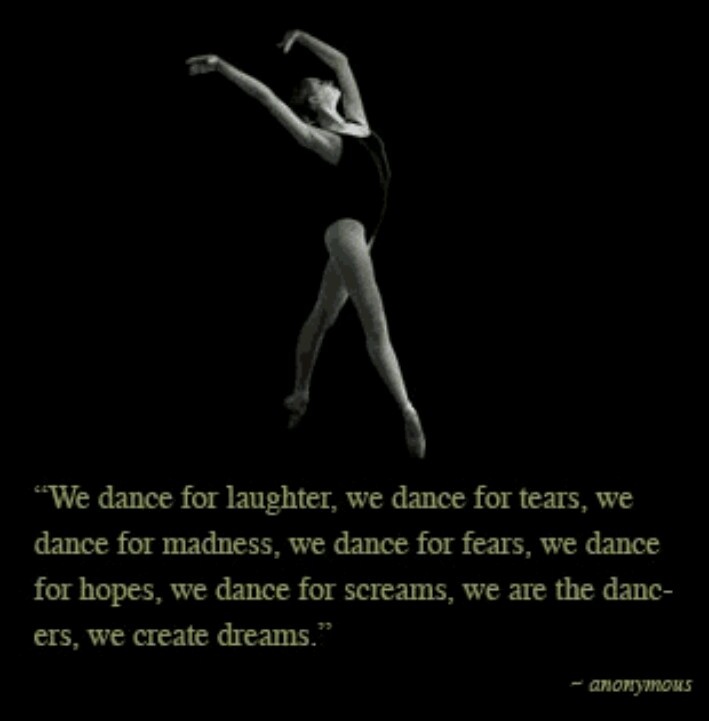
It can help you infuse genuine intention to the piece without the inhibitions you’d normally feel.
See Related Article: How To Dance With More Confidence
Imagine you as a non-shy version of yourself and dance in that role. Do this enough and you’ll fake it ‘til you make it!
One day, you’ll realize you’re so comfortable performing or freestyling because you’ve played those roles so frequently.
So start performing as that person now – if only for one piece at a time.
3. This is your journey, and yours only
A lot of dancers’ anxiety comes from feeling behind compared to others. We're insecure about not being at a certain level or feel embarrassed performing around really good dancers.
Stop comparing. Stop feeling defeated. Stop using other dancers as benchmarks. Instead, take ownership over your own growth.
Recognize that the only person holding yourself accountable is you.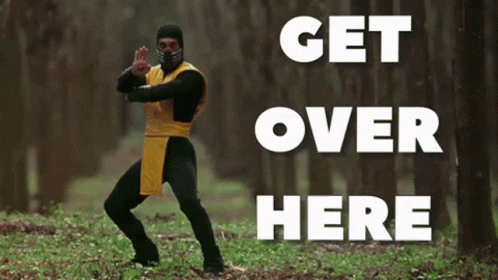 $%-ups.
$%-ups.
See Related Article: Dancers Share Their Most Embarrassing Moments
So don't let the fear of messing up keep you too shy to dance. Also...I’m not downplaying how seriously people take dance. We’re all crazy passionate about it.
A lot of people build professional, life long careers around it. However, when you put it into perspective…
It’s just dancing. Even if you are dancing for a job, a dancer’s mess up at a show is not like a surgeon’s mess up during a surgery.
No one died because you blanked out on that 8-count. No one was hurt from your ripple being early. Nothing blew up because your freestyle wasn’t on point.
It is a dramatic way to put it, but it does help us remember the most important thing: Dance is a luxury and a blessing. Dancing is... fun!
Don't let being too shy to dance keep you from enjoying it.
5. There is no right or wrong in dance
Yes, there are counts and moves to follow when you’re doing someone else’s choreography. There is technique and cleanliness.
There is technique and cleanliness.
But there are no real rules when you’re choreographing or freestyling on your own. Dance is a body and mind expressing itself.
And there can be no “wrong” when it comes to expression. This is one of the most liberating things that any dancer can realize.
If you get shy about something looking weird, then it will look weird. The key is about owning your weirdness.
In fact, the most unique and eye-catching dancers are the ones who really commit to their own style.
And the sooner you realize this, the sooner you can stop feeling shy about dancing. You’ll start to dance just as you’re meant to.
See Related Article: How To Develop Your Unique Style As A Dancer
6. The worst thing would be to not try
Do you ever think about the things you could’ve done if your shyness wasn’t holding you back?
“If only I went up for that group… If only I tried out for that team… If only I introduced myself to that choreographer…If only I wasn't too shy to dance. ..”
..”
Regret sucks. And more often, we regret the things we did not do rather than the things we did. The most unfortunate thing is suppressed or unrealized potential.
And if you keep letting your shyness hold you back, you’ll never know what you’re capable of.
So stop wondering what you could be, and start taking steps to become it!
See Related Article: Overcome Your Dance Fears And Live A Creative Life
We hope these ideas helped you overcome your shyness!
Now, stop being too shy to dance and go blossom.
If you prefer learning on your own, then try STEEZY Studio.
You can start dancing through the Beginner Program, try out a new style, learn choreography – all in private, at your own pace.
Soon enough, you won't be too shy to dance at all!
How not to be afraid to speak.
 Dancing and speaking
Dancing and speaking I remember how scared I was before going on stage for the first time. After the first dance before the second, the jitters only intensified and I generally began to perceive what was happening and hear the music badly, it seems that even then my leg was cramped during the dance and continued to dance with my leg closed, and after the performance, the partner seems to have given me a pill to drink from the head. This despite the fact that I already knew how to speak well orally and the students were excited to listen to my reports. But even in oral presentations, my confidence depended on the audience - I was noticeably worried in front of the professors. Since then, I have performed in a tango restaurant, at a wedding, and for money. I remember all these problems of fear of public speaking and I want to share with you how I solved them, because I think the recipe is universal.
I won't say the standard advice "do what's scary", "go at your own risk".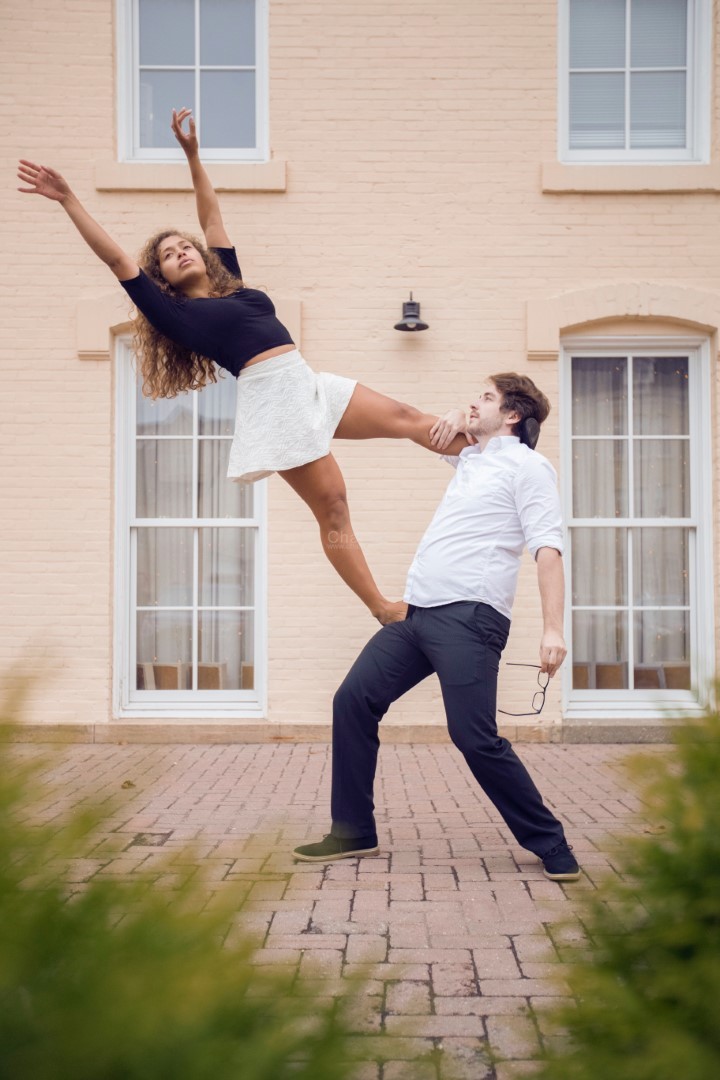 This is a difficult masochism, although it is clear that when you decide, the fear will weaken - the more often you perform, the easier it is. But the fear of performing, as experienced well-known actors say, they still have. Let's dig deeper into the causes of fear. And I'll tell you how I got rid of mine.
This is a difficult masochism, although it is clear that when you decide, the fear will weaken - the more often you perform, the easier it is. But the fear of performing, as experienced well-known actors say, they still have. Let's dig deeper into the causes of fear. And I'll tell you how I got rid of mine.
Where does the fear come from
If you are afraid to speak, you are afraid to make a mistake, to do something wrong, you are afraid to forget, to stumble, to go astray, you are afraid that people will not like it, that they will not clap or even disgrace you. Perhaps, before a performance, you draw terrible pictures in your head, how they whistle and hoot at you, point a finger at you and laugh at you, or silently condemn with reproach. In general, you are afraid for your self-esteem, it may suffer. And it's true, she can get hurt, the fear is reasonable.
These are all strangers, on whom you, in principle, do not depend in any way, but for some reason their opinion about your performance is terribly important to you. Why? Why do you care about their opinion?
Why? Why do you care about their opinion?
If you are an artist who sold tickets to your performance, then yes, their opinion should be important to you. Purely pragmatic. But surely you did not sell tickets for your performance. You perform for free for the audience.
You show people how you dance. And their opinion about it is very important to you. Why? This is the key question.
If you record a video of you having sex and post it - will you have the same jitters - what if they boo, what if they don't like it, what if they don't clap? Will not.
If you post a video of how you eat or sit down at the table right in front of this audience and eat in front of everyone - will you worry - “what if I screw up?”, But “what if they don’t like it?”. You will not.
Because when you eat or have sex - you do it for yourself, your task is to enjoy. And when you dance, who do you do it for? For spectators? No, when you perform, you do it FOR YOURSELF - to raise your self-esteem, so their opinion is important to you.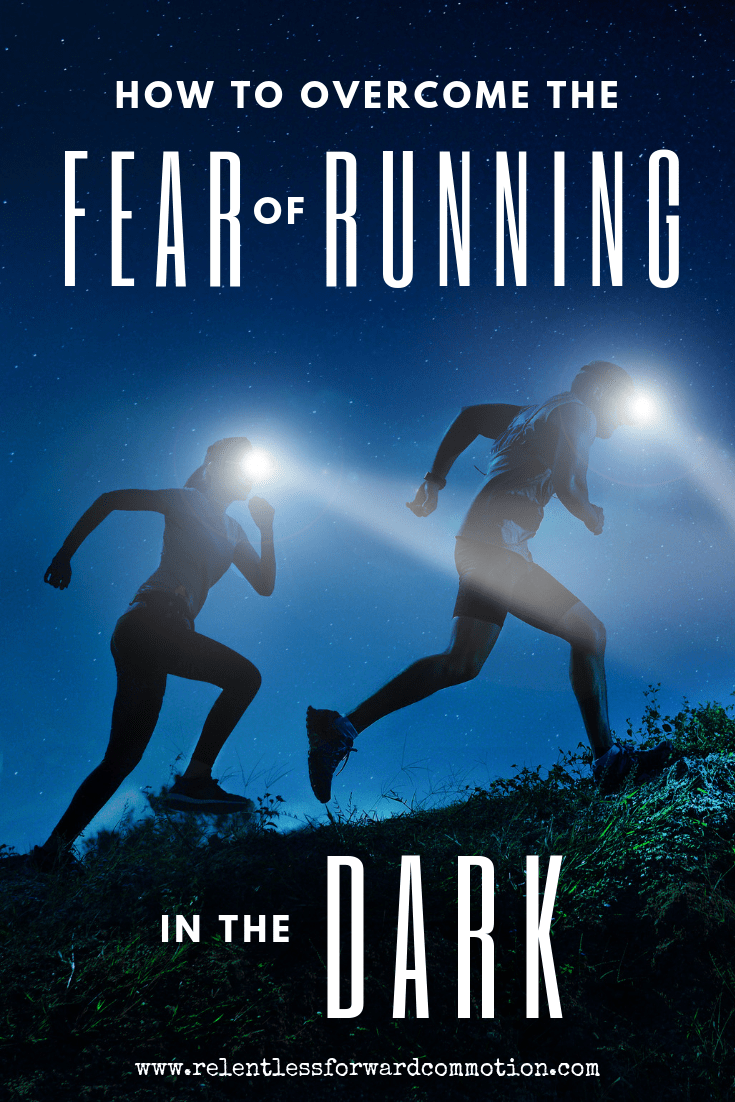 When you go on stage, you want to GET something from them - their appreciation of you. This is not altruism, this is infantile selfishness. Hence the fear. You need something from them and you are afraid of not getting it. This is a reasonable fear, because, indeed, you may not get what you want or GET not.
When you go on stage, you want to GET something from them - their appreciation of you. This is not altruism, this is infantile selfishness. Hence the fear. You need something from them and you are afraid of not getting it. This is a reasonable fear, because, indeed, you may not get what you want or GET not.
Decision
When you go to a birthday party with a gift, you don't know in advance how the recipient will like it. But you're not particularly afraid. You don't think that the whole birthday party will laugh at you because of your present. You understand - well, yes, maybe I won’t guess, maybe he won’t like it, but there is no jitters. Why? Because it's a gift. Don't look a gift horse in the mouth, as they say. Those. here, take a bite. And if you don't want it, don't take it, no problem. Usually they take everything for free).
Your performance in front of people is also a freebie for them. They didn't pay for your performance. I invite you to consider your performances as a GIFT. And it is for this purpose that I go out to speak - to make people happy, to GIVE them joy, to show them something interesting, new for them. Performing is not to GET appreciation from them, but to GIVE them what you can. What you can do today. How can you give it. It's like if guests come to you, and you cook food for them. Well, what I could do, I cooked it quickly. What was at hand, she gave. Of course, I tried my best. But this is a gift to them and you are not afraid that they will whistle. The speech is also. Don't consider the performance as your exam, consider it a free gift to the audience. Even if they paid for the ticket - it doesn't matter - go out to give them something, well, what can you do. Whatever happens, they GET. It is better to cook at least somehow than to leave the guests hungry. Of course, we must continue to learn how to cook, but this does not prevent us from feeding people today with our imperfect cooking. She will never be perfect. I prefer a woman to feed me today, not in many years when she learns to cook perfectly, because I want to eat today.
And it is for this purpose that I go out to speak - to make people happy, to GIVE them joy, to show them something interesting, new for them. Performing is not to GET appreciation from them, but to GIVE them what you can. What you can do today. How can you give it. It's like if guests come to you, and you cook food for them. Well, what I could do, I cooked it quickly. What was at hand, she gave. Of course, I tried my best. But this is a gift to them and you are not afraid that they will whistle. The speech is also. Don't consider the performance as your exam, consider it a free gift to the audience. Even if they paid for the ticket - it doesn't matter - go out to give them something, well, what can you do. Whatever happens, they GET. It is better to cook at least somehow than to leave the guests hungry. Of course, we must continue to learn how to cook, but this does not prevent us from feeding people today with our imperfect cooking. She will never be perfect. I prefer a woman to feed me today, not in many years when she learns to cook perfectly, because I want to eat today.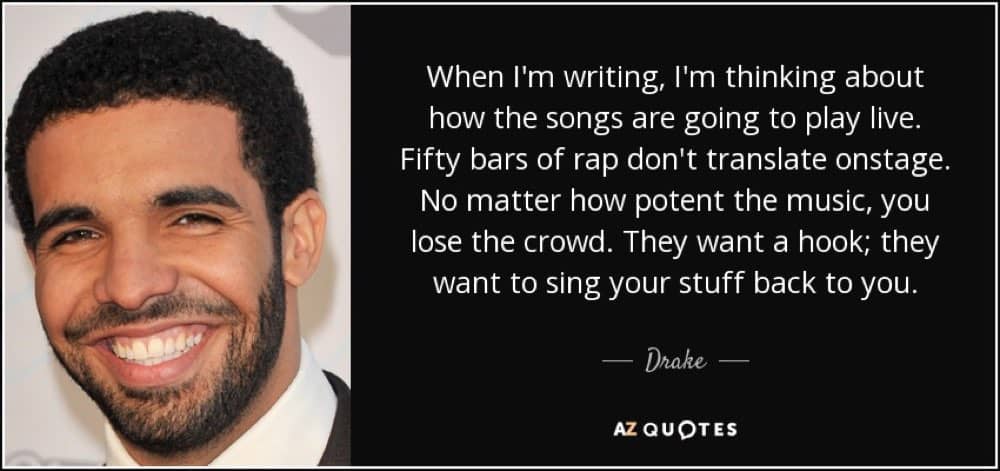 Better now as you can than perfect when I starved to death.
Better now as you can than perfect when I starved to death.
Also in oral presentations - don't think about judging you, but try to speak emotionally, interestingly, confidently. Like a performance. If this is a presentation of a work project, they will discuss the content, but you focus on the manner of presentation - after all, PEOPLE listen to you, and therefore you need to speak in such a way that they would be PLEASANT TO LISTEN. It is necessary not to report perfectly, but to make people pleasant, well, as far as possible. It's like toasting someone else's birthday.
For comparison: R. Gandapas (a well-known coach of public speaking) recommends to decide on public speaking for the pleasure of overcoming (fear of speaking), to get pleasure from overcoming each time, to be nervous and overcome each time and enjoy it. If you accept my decision, you will not receive this pleasure from overcoming, because there will be no overcoming, but you will receive only that altruistic pleasure, as when you give a birthday present and perhaps a person will be pleased, and you will be pleased with what you have done pleased him.
In order not to get injured from the first performance, like “I never want to perform again, probably this is not my thing at all” R. Gandapas recommends preparing a performance: “the less experience you have, the more time you have to devote to preparing a performance.” I agree. But it's not about many years of studying before performing, it's about many days to prepare a performance for a performance.
Humble yourself
Are you afraid that you will not perform perfectly? Of course, it will be so - not ideal. This is the right fear, but there is nothing to be afraid of, it will not be ideal anyway. Just know in advance that it won't be perfect anyway.
Even if you think it turned out perfect, most people still have different views and values than yours, and they simply won't appreciate your perfect performance, and they won't like it anyway. Humble yourself. In advance. They want it to be as they like - let them hire an artist to their liking and pay him.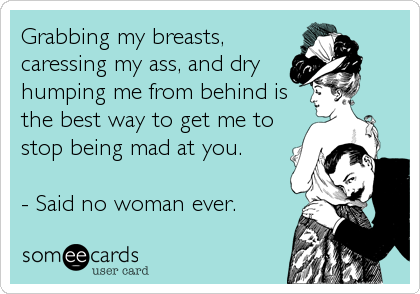 Whether you need to adapt to the interests of the public is up to you, depends on your goals. Usually it is worth inserting some consumer goods into the performance (say naked female legs, leg swings, feints with legs, acrobatics, frowning eyebrows, face play, pauses and hangs like feelings between us) to keep the masses satisfied. They still won’t appreciate the nuances of the step technique, but what they are wearing is what worries them.
Whether you need to adapt to the interests of the public is up to you, depends on your goals. Usually it is worth inserting some consumer goods into the performance (say naked female legs, leg swings, feints with legs, acrobatics, frowning eyebrows, face play, pauses and hangs like feelings between us) to keep the masses satisfied. They still won’t appreciate the nuances of the step technique, but what they are wearing is what worries them.
And the more you perform, the easier it gets. Anyway, someone will sleep in the front row, because he did not sleep at night, and someone will pester the girl next door and therefore not listen.
It won't be ideal, but we should strive for it. A lot of people don't like it, but that doesn't matter.
If you are afraid, it means that you are thinking not about bringing joy to people, but about getting their applause. I propose to grow up - to be self-sufficient and give people an excess of their strength, and not seek their approval as from parents in childhood.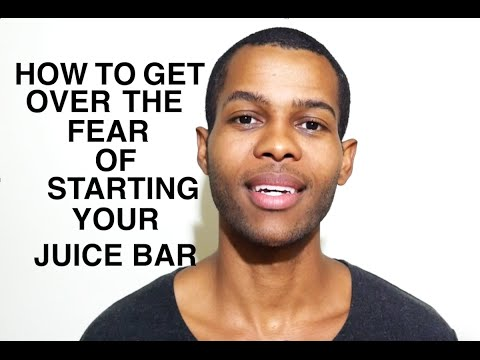
In the end, I hope you will gradually come to where I am - losing interest in performances (and in the opinions of the audience about yourself). But first you need to stop being afraid of them. To do this, I suggest that you take the position of an altruist, a giver, think about how to GIVE the audience something pleasant, interesting. Not thinking about how they will appreciate. Focus on the gift. Make it. Better any than none.
(c) Andrey Krylov 2018
How to stop being afraid of the stage | Dance Studio 25.5
95% of the world's people experience stage fright to some extent. It can be a slight excitement or panic fear, from which the knees bend. But! Every day, presenters stand in front of TV cameras, actors take the stage, managers defend projects before the board of directors. What does it mean? First. If you are afraid, then you are an absolutely normal person. Second. If other people conquer their fear, then it is not so difficult, and you can. Let's see what exactly we are afraid of.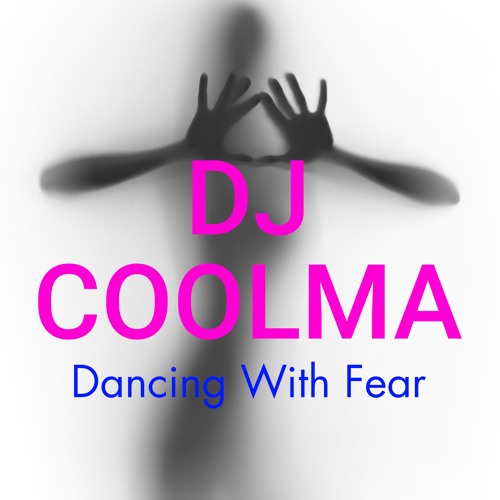
Mistakes: forget some movements or do them wrong, go out of time.
There is only one solution here - we must prepare. Of course, any dance is not 5 minutes on stage, it's hours of training in the gym, hard work. It is he who allows you to perform the most ornate ligaments at ease, on the machine. And after the ease of execution comes self-confidence. You do not feel fear when pouring tea in a crowded cafe or hugging a friend in a familiar gesture when you meet on the street. Okay, but if still ... - you went out of step? OK, stop, do some element in place (this can be worked out in advance) and enter from the next square. - turned in the wrong direction or did something strange? Keep dancing confidently. Only your teacher knows your performance for sure, and the rest will decide that it should be so - any technical error? This is definitely not the end, but just a sign that you will need to pay attention to in training.
Negative reaction from others: the audience will boo you, the teacher will be disappointed.
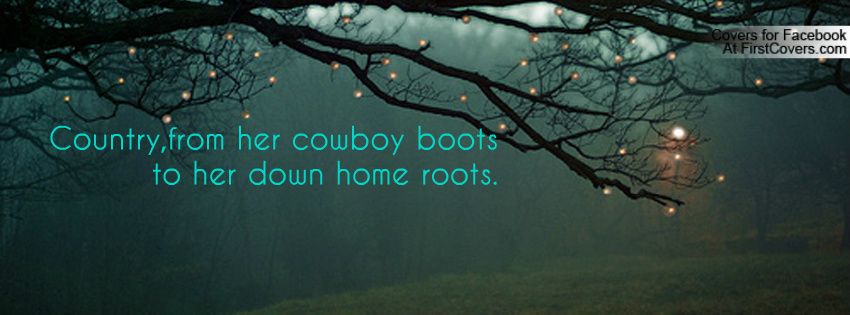
Spectators, they are people just like you. Some of them are just starting their dancing career, someone is engaged in a different direction of dance, someone just came to see their sister or daughter. And they won't judge you. They most likely do not even know if the hip should be twisted in this figure or the body should be stretched. They will just be interested, they will enjoy the show. Your teachers are well aware of your capabilities and training, it is hardly possible to surprise them much. They will be proud of you for what you have already achieved.
Uncertainty: accidentally slip or fall, and if the suit is torn, and if ...
Yes, we can foresee something. For example, check the clothes for the performance, tidy up the dance shoes, inspect the venue in advance, and do some practice here. And all this needs to be done. But something can always go wrong. This is true. Allow it. And here the most important thing is to just “throw all the garbage out of your head”, go out and start dancing.



